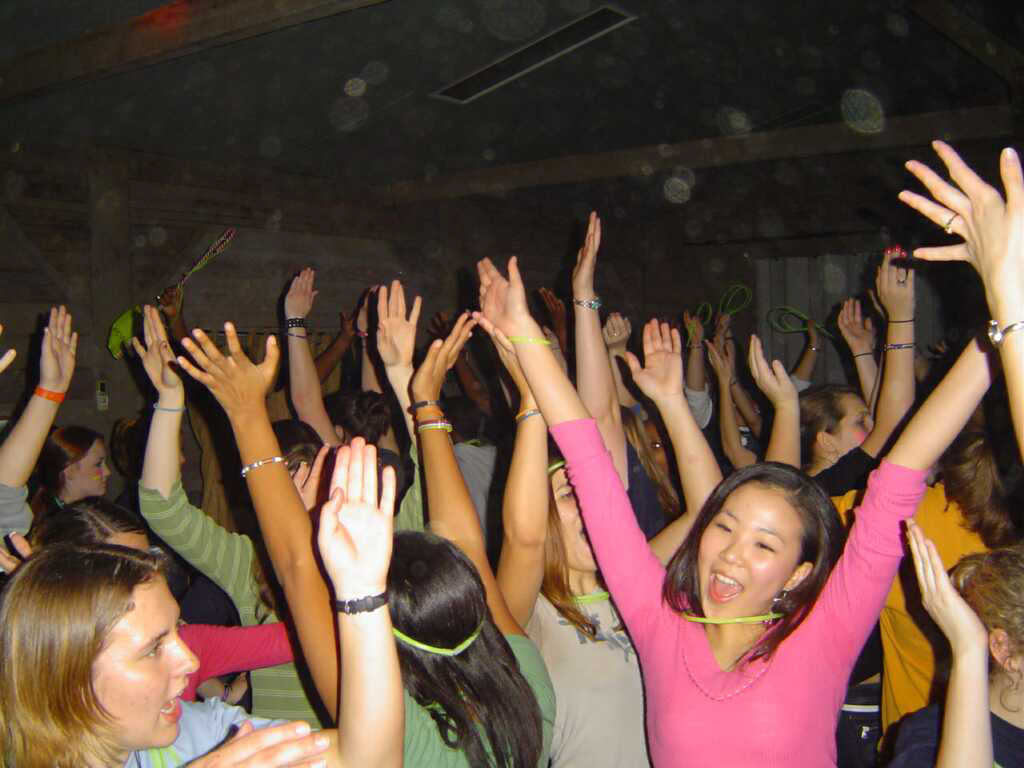 According to the National Institute of Health, alcohol is currently the drug of choice among American teenagers.
According to the National Institute of Health, alcohol is currently the drug of choice among American teenagers.
Although it is illegal for those under the age of 21 to purchase or drink alcohol, teenagers consume about 11% of the alcohol sold in the U.S.
Many teenagers today are engaging in partying and binge drinking at a younger age and are experiencing adult-sized problems related to alcoholism. As a result, underage drinking is a major health issue in this country.
Teen Alcohol Facts
The 2008 National Survey on Drug Abuse and Heath found that 28% of teenagers drink alcohol on a regular basis and 19% admit to binge drinking.
These are some of the consequences of underage drinking:
• More school absenteeism and academic failure
• Memory and learning problems
• Developmental problems
• Risky sexual behavior
• Abuse of other substances
• Serious health issues
• Death by suicide, homicide or accident
Each year, approximately 5,000 teen drinkers die in accidents, suicides and homicides that are directly related to alcohol. Besides car crashes, fatal alcohol-related accidents include alcohol poisoning, drowning, falls and burns.
Getting Help for Teen Drinking
According to the Centers for Disease Control and Prevention, teenagers who begin drinking before the age of 15 are 5 times more likely to become alcohol dependent compared to those who wait until after age 21. This is why there is no “safe” level of drinking for teenagers. Parents who suspect or have proof that their teen is drinking alcohol need to take action. Ignoring the problem or thinking that it’s a one-time incident will put the teen at greater risk.
When confronted, many teens will deny that they’ve been drinking and accuse their parents of a lack of trust. It’s important for parents to remain calm during this conversation and to avoid responding to teen denials with anger. This may be especially difficult for parents who themselves have issues with alcohol since their child will most likely accuse them of being hypocrites.
A family intervention that is staged by a trained interventionist can move the family out of crisis and get the teen into a treatment program. An interventionist will know how to plan and begin the intervention and will guide the process towards the goal of the teen admitting that a problem exists. Once this admission takes place, a rehabilitation program can address his or her alcohol dependence as well as deal with underlying issues that contributed to the problem. The rehabilitation program should also provide the teenager with the skills needed to avoid alcohol dependence later in life.
